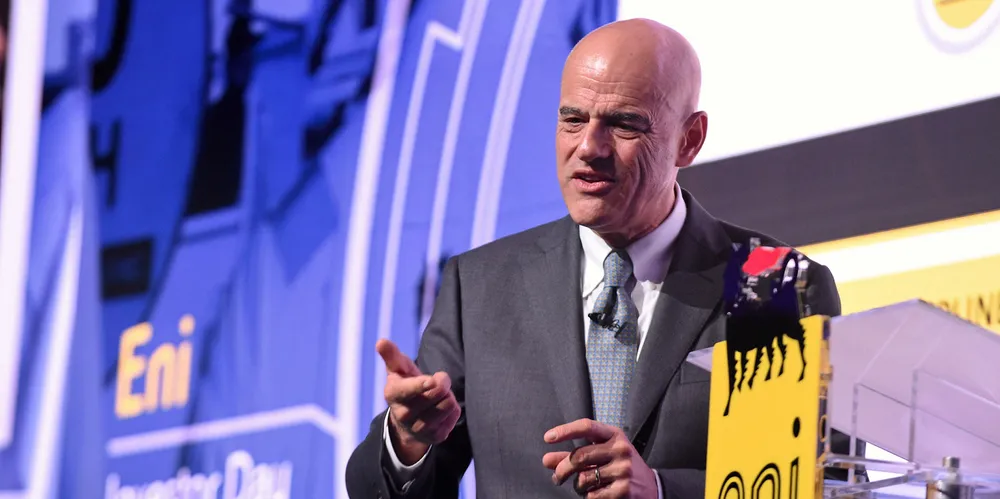Fusion grid power in 2030s goal as oil player Eni and Bill Gates-backed CFS hit fast pedal
Agreement with US-based technology developer aims for commercialisation of zero-carbon power by the next decade

Agreement with US-based technology developer aims for commercialisation of zero-carbon power by the next decade
